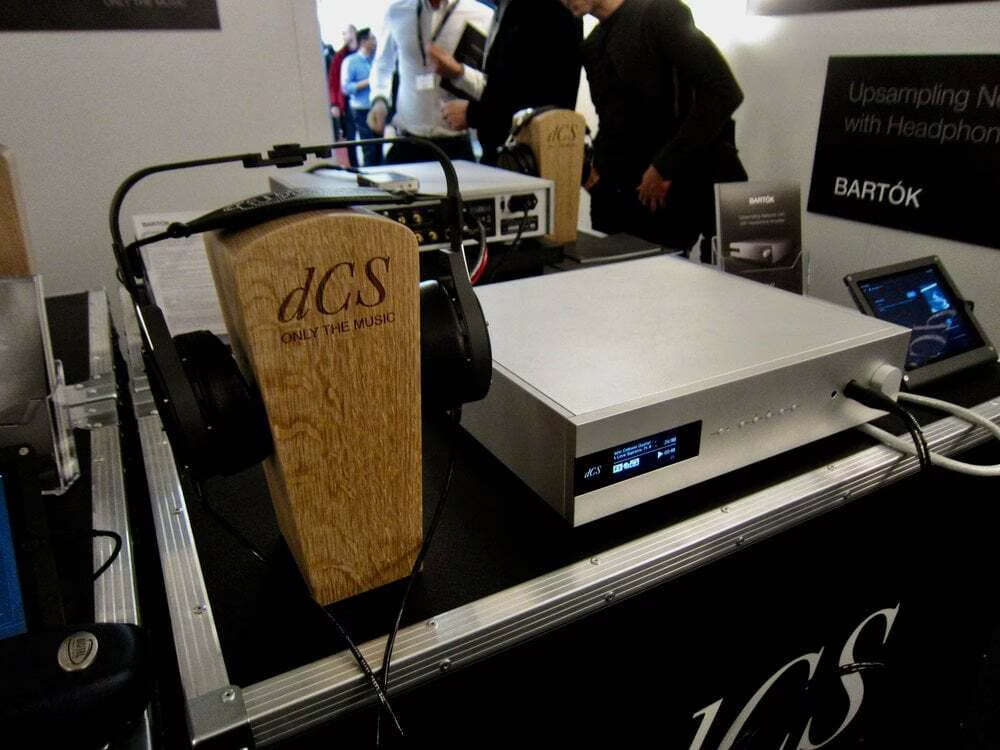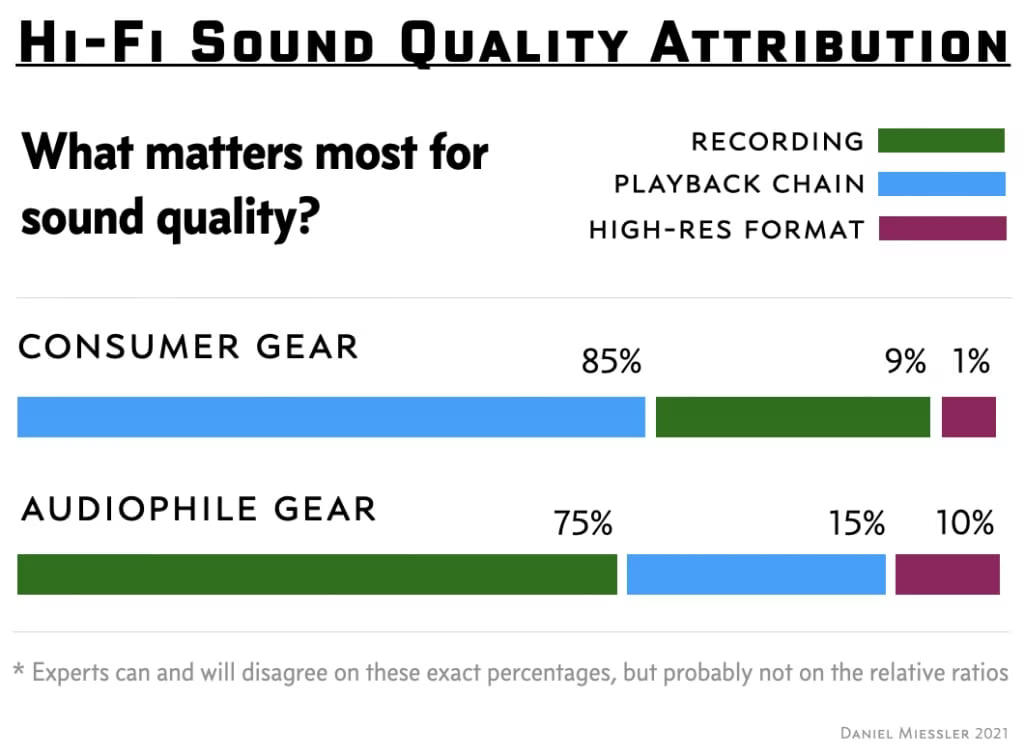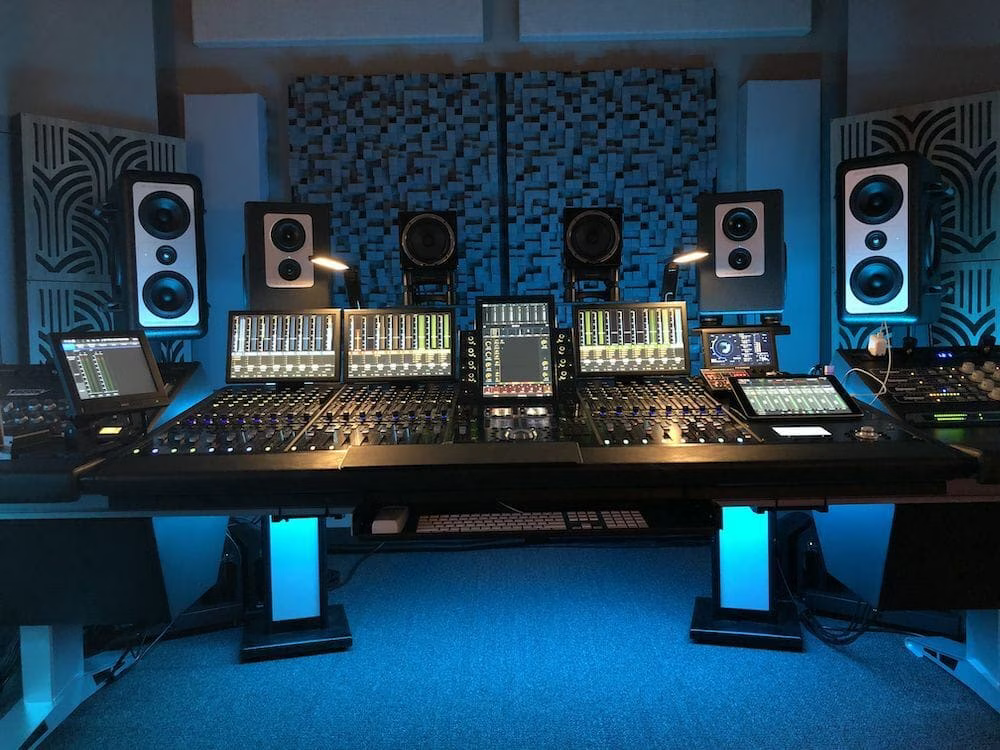The Relative Importance of High-Resolution Audio, CD Quality, and MQA

I have not been an audiophile for 40 years. And I’m not a sound engineer. But I am pretty good at explaining things >.
I’m in cybersecurity.
I’ve spent the last year learning about the HiFi world >, starting with the science of sound and other fundamentals >. And through all that, a few questions about audio quality kept coming up…
This explanation answers the MQA question for free.
Do high-res audio formats actually matter?
What matters more, recording quality or high-res?
Is MQA > hype or legit?
And I think I finally arrived at a concise answer to these questions, which is that many variables matter, including high-resolution file formats. But they matter in different amounts, depending on your current state.
Few religious debates are as fierce as audiophiles talking about what makes up a good listening experience.

Head-fi is Hi-fi but with headphones.
There are far more variables in the Hi-Fi and Head-Fi experiences than most realize, and depending on your current state the best way to upgrade varies significantly. Here are some examples.
If you have consumer gear, the best thing you can do to upgrade your experience is to upgrade your gear
If you have audiophile-level gear, the recording quality becomes the most important factor
High-resolution files only matter if you’re doing everything else really well
If you have a perfect recording and phenomenal gear, then (and only then) does high-res start to matter

The recording is the primary component of a good-sounding track
The more you improve one factor, the more important the others become
If you have an average recording—or bad gear—high-res audio basically gives you nothing
A phenomenal recording at 16/44 will sound vastly superior to garbage at 24/96
MQA doesn’t sound great because of one thing: it’s a bag of tricks
MQAs trick is to elevate multiple variables at the same time, and then add high-res as the cherry on top
This is simply a problem of misattribution.
There’s a metric for resolution, but not for recording quality.
People often hear high-res audio and say, "That sounds amazing!", and then make the mistake of thinking it was because of being high-res. Which makes sense because that’s the only thing they can lock onto. There’s no way to check the metadata and see if something was a good recording or not.
Just because more high-res files sound good than low-res, doesn’t mean it’s the high-res that’s the difference.
What’s far more likely is that those who really care about making good recordings are more likely to release in high-res.
This applies to artists, studios, and music services.
This is why I’m somewhat in the MQA camp. Not because high-res is magic. Or because they have some other specific voodoo behind the curtain. I think they’re improving multiple variables—starting with the best recording they can get—and then releasing the result in high-res at the end. So, multiple small things that combine to be significant.
High-res and MQA doesn’t guarantee you’ll have a good experience, but it significantly raises the chances.
MQA/High-res doesn’t guarantee a good experience, but it gives you a much better chance.
The thing I like about high-res, and MQA, is that they signal a higher chance that the track will sound good. Most people think that’s because of the MQA or high-res pixie dust, but it’s far more likely that, for an artist, they simply care more about quality—including the recording—and for a service releasing these formats—picking good recordings is some part of the selection criteria.
In short, if you take an average 16/44 file and an average 24/96 or MQA file, you’re more likely to get a great experience from the latter. But only because they’re likely to have started with a good recording in the first place—and then maybe enhanced it later.
Summary
Many factors contribute to whether a track sounds good or not
For lower-end gear, the gear is the bottleneck
For high-end gear, the recording is what matters most, then the gear, then the file resolution
A great recording at 16/44 will be far better than an average recording at 24/96
MQA, like high-res, has the ability to make a wonderful track into a spectacular track, but only with audiophile-grade gear and if the recording is top 1%.
Notes
Jun 8, 2021 — I interviewed Amir Megidimehr from Audio Science and Review > and asked him this same question, and his answer was unequivocally "recording". So he seemed to agree with the above, but was even more heavy towards recording being primary.